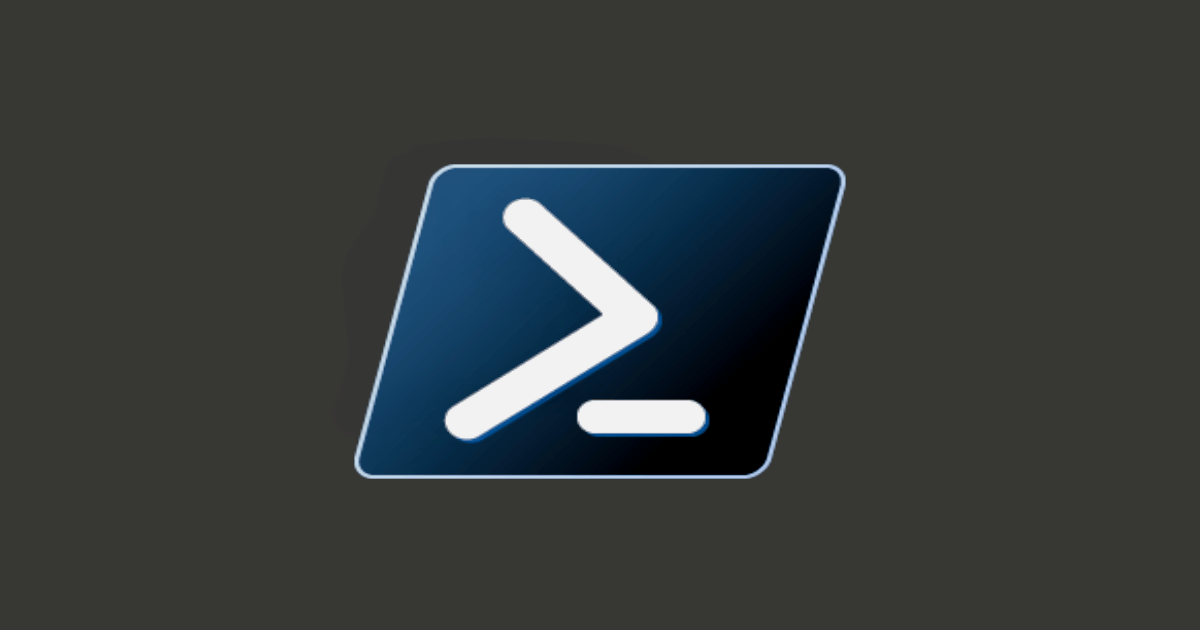Here is a function that retrieves the FSMO Roles in the Forest/Domain of Active Directory.
It returns the following roles:
- PDCEmulator Role
- RIDMaster Role
- DomainNamingMaster Role
- InfraStructureMaster Role
- SchemaMaster Role
function Get-enADFSMORole
{
<#
.SYNOPSIS
Retrieve the FSMO Role in the Forest/Domain
.DESCRIPTION
Retrieve the FSMO Role in the Forest/Domain of Active Directory
.PARAMETER Credential
Specify the alternative credential to use
.EXAMPLE
Get-enADFSMORole
Retrieve the FSMO Role in the Forest/Domain of Active Directory
.EXAMPLE
Get-enADFSMORole -Credential (Get-Credential)
Retrieve the FSMO Role in the Forest/Domain of Active Directory
.NOTES
Version: 1.0.1
GUID: b5713556-2ede-420a-9104-f9c85e0cdb27
Author: Joerg Hochwald
Companyname: enabling Technology
Copyright: Copyright (c) 2ß18-2019, enabling Technology - All rights reserved.
License: https://opensource.org/licenses/BSD-3-Clause
Releasenotes:
1.0.1 2019-07-26 Refactored, License change to BSD 3-Clause
1.0.0 2019-01-01 Initial Version
THIS CODE IS MADE AVAILABLE AS IS, WITHOUT WARRANTY OF ANY KIND. THE ENTIRE RISK OF THE USE OR THE RESULTS FROM THE USE OF THIS CODE REMAINS WITH THE USER.
Dependencies:
Active Directory PowerShell Module
.LINK
https://www.enatec.io
.LINK
Get-ADForest
.LINK
Get-ADDomain
#>
[CmdletBinding(ConfirmImpact = 'None')]
[OutputType([psobject])]
param
(
[Parameter(ValueFromPipeline,
ValueFromPipelineByPropertyName)]
[System.Management.Automation.Credential()]
[Alias('RunAs')]
[pscredential]
$Credential = [pscredential]::Empty
)
begin
{
$Properties = $null
}
process
{
try
{
if ($PSBoundParameters['Credential'])
{
# Query with the credentials specified
$ForestRoles = (Get-ADForest -Credential $Credential -ErrorAction 'Stop' -ErrorVariable ErrorGetADForest)
$DomainRoles = (Get-ADDomain -Credential $Credential -ErrorAction 'Stop' -ErrorVariable ErrorGetADDomain)
}
else
{
# Query with the current credentials
$ForestRoles = (Get-ADForest)
$DomainRoles = (Get-ADDomain)
}
# Define Properties
$Properties = @{
SchemaMaster = $ForestRoles.SchemaMaster
DomainNamingMaster = $ForestRoles.DomainNamingMaster
InfraStructureMaster = $DomainRoles.InfraStructureMaster
RIDMaster = $DomainRoles.RIDMaster
PDCEmulator = $DomainRoles.PDCEmulator
}
}
catch
{
#region ErrorHandler
# get error record
[Management.Automation.ErrorRecord]$e = $_
# retrieve information about runtime error
$info = [PSCustomObject]@{
Exception = $e.Exception.Message
Reason = $e.CategoryInfo.Reason
Target = $e.CategoryInfo.TargetName
Script = $e.InvocationInfo.ScriptName
Line = $e.InvocationInfo.ScriptLineNumber
Column = $e.InvocationInfo.OffsetInLine
}
$info | Out-String | Write-Verbose
Write-Error -Message ($info.Exception) -ErrorAction Stop
# Only here to catch a global ErrorAction overwrite
break
#endregion ErrorHandler
}
}
end
{
$Properties
}
}
This is also part of my open-source repository.
